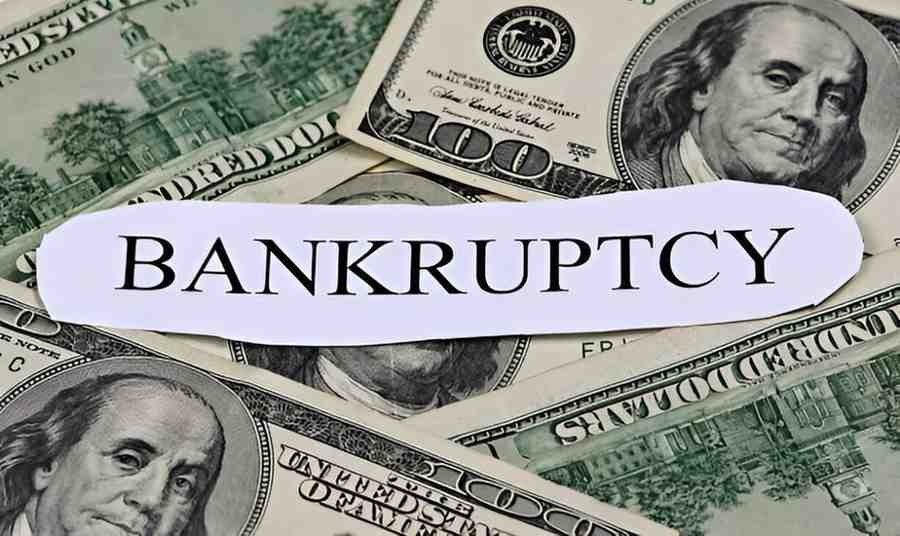As a finance expert, I often hear investors ask whether mutual funds can go bankrupt and what happens to their money if they do. The short answer is no—mutual funds are not “exempt” from bankruptcy in the traditional sense, but they operate under a structure that makes investor losses unlikely in most cases. Let’s break this down in detail.
Table of Contents
How Mutual Funds Are Structured
Mutual funds pool money from multiple investors to buy a diversified portfolio of stocks, bonds, or other securities. Unlike corporations, mutual funds are not standalone businesses but rather investment vehicles regulated under the Investment Company Act of 1940.
Key Protections for Investors
- Separate Legal Entity – The mutual fund’s assets are held by a custodian bank, not the fund management company. If the fund sponsor (e.g., Vanguard or Fidelity) goes bankrupt, the fund’s assets remain untouched.
- No Debt Obligations – Mutual funds rarely take on debt. They don’t operate like leveraged hedge funds, so insolvency risk is minimal.
- Daily Redemptions – Investors can withdraw their money at the fund’s net asset value (NAV) at any time, reducing the risk of a sudden collapse.
What Happens If a Mutual Fund Fails?
While rare, mutual funds can liquidate or merge if they underperform. However, this is not the same as bankruptcy.
Scenario 1: Fund Liquidation
If a fund shuts down, investors receive their share of the remaining assets. The NAV is calculated as:
NAV = \frac{\text{Total Assets} - \text{Total Liabilities}}{\text{Number of Outstanding Shares}}For example, if a fund has $100 million in assets, $5 million in liabilities, and 10 million shares, the NAV would be:
NAV = \frac{100,000,000 - 5,000,000}{10,000,000} = \$9.50 \text{ per share}Investors get $9.50 per share—no more, no less.
Scenario 2: Sponsor Bankruptcy
If the fund management company (e.g., a big-name asset manager) declares bankruptcy, the fund itself remains unaffected. The SEC requires independent custodians to hold fund assets, ensuring they aren’t part of the sponsor’s estate.
Comparison: Mutual Funds vs. Other Investment Vehicles
| Feature | Mutual Funds | ETFs | Hedge Funds | Individual Stocks |
|---|---|---|---|---|
| Bankruptcy Risk | Low | Low | High | High (if company fails) |
| Asset Protection | Yes (custodian-held) | Yes | No (often leveraged) | No |
| Liquidity | High (daily redemptions) | High (intraday trading) | Low (lock-up periods) | High (market-dependent) |
Historical Cases
- Reserve Primary Fund (2008) – This money market mutual fund “broke the buck” (NAV fell below $1) due to heavy exposure to Lehman Brothers’ debt. However, investors still recovered most of their money.
- Oppenheimer Core Bond Fund (2008) – Suffered heavy losses but did not go bankrupt—instead, it merged with another fund.
Regulatory Safeguards
The SEC and SIPC (Securities Investor Protection Corporation) provide additional layers of protection:
- SEC Oversight – Ensures funds comply with diversification and disclosure rules.
- SIPC Coverage – Protects against broker-dealer failures, not fund failures.
Final Thoughts
Mutual funds are not “bankruptcy-proof,” but their structure minimizes risk. Investors should still assess a fund’s holdings, fees, and performance rather than relying solely on regulatory protections.





